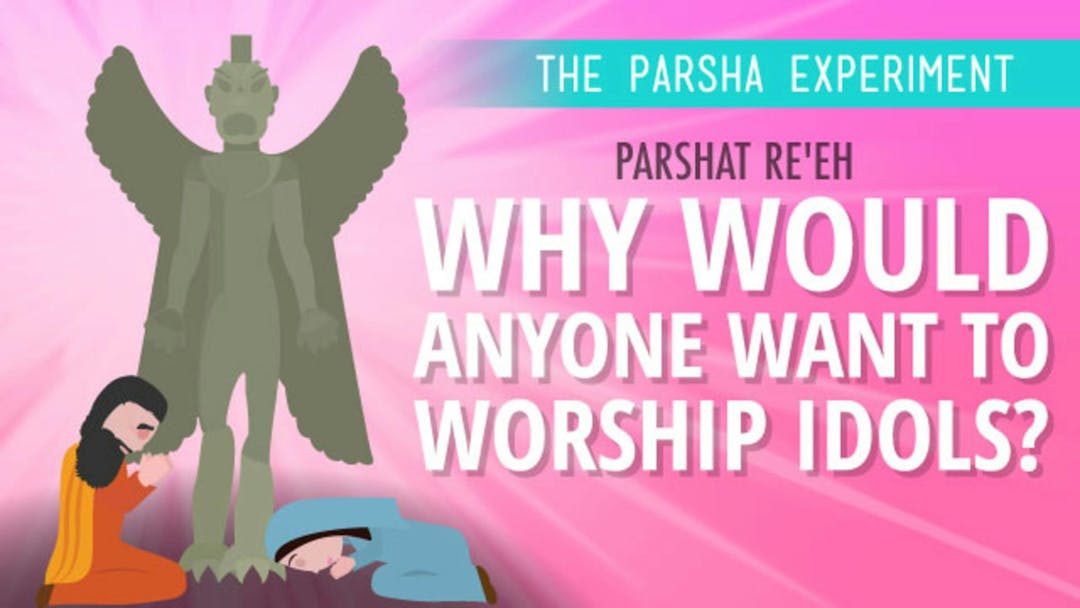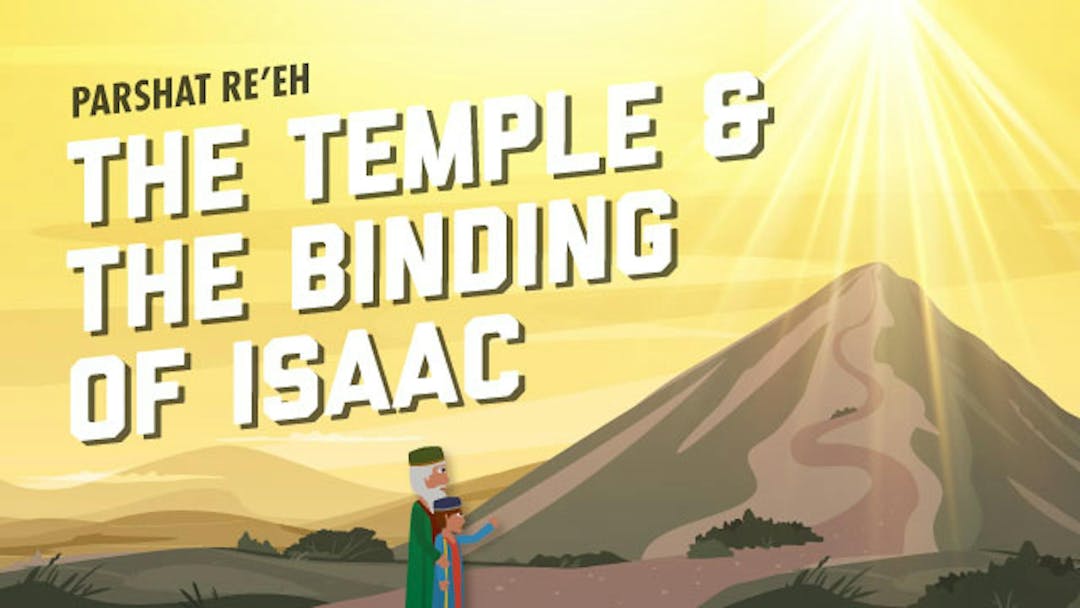Start your free trial today to unlock the full library and enjoy unlimited and uninterrupted access.
Get StartedWhy Does Judaism Need the Written Law and Oral Law?
The Difference Between Written Law And Oral Law
Rabbi Fohrman tackles a difficult and controversial question: Why do the oral laws from the rabbis end up looking so different than the written Biblical laws? And even more so – what does law have to do with God and spirituality? What is the point of the legalism inherent in our religion? In this video, Rabbi Fohrman argues that thought without action can wither away, and that law is about finding spirituality in the mundane.
Dive deeper:
<ul><li><a href="https://www.alephbeta.org/halacha-jewish-law" target="_blank">Halacha Jewish Law</a></li><li><a href="https://www.alephbeta.org/playlist/meaning-of-kosher-law" target="_blank">Is There Any Meaning Behind The Laws Of Kashrut?</a></li><li><a href="https://www.alephbeta.org/playlist/eating-meat-what-the-bible-says" target="_blank">Are We Supposed To Eat Meat?</a></li></ul>
Want to watch the full video for free?
Enter your email and we’ll send you a link to watch the full series free.
What is Aleph Beta?
Aleph Beta is a unique kind of Torah library. Led by our founder, Rabbi David Fohrman, we are dedicated to high-level, textual Torah learning for adults that is intellectually and spiritually sophisticated, that enlivens your Jewish practice and helps you forge a deeper connection to God. Whether you’ve been learning in yeshiva for years or you’re just beginning your Torah journey, you’re sure to find something meaningful and surprising waiting for you here.
Browse our library of over 1,000 beautifully produced animated videos, podcasts, deep dive courses, and printable guides. Topics include the weekly parsha, Jewish holidays & fast days, laws & mitzvot, prayers, relationships, big philosophical ideas and more. Have something to say at the Shabbos table that will amaze your family and guests and bring deep meaning into their lives.











